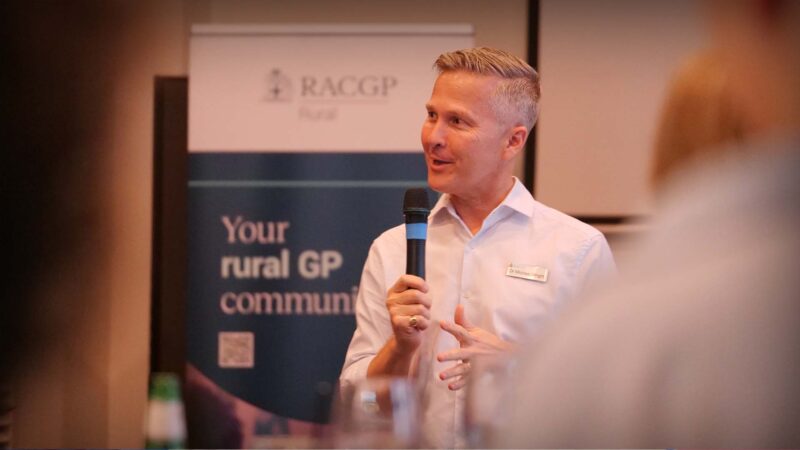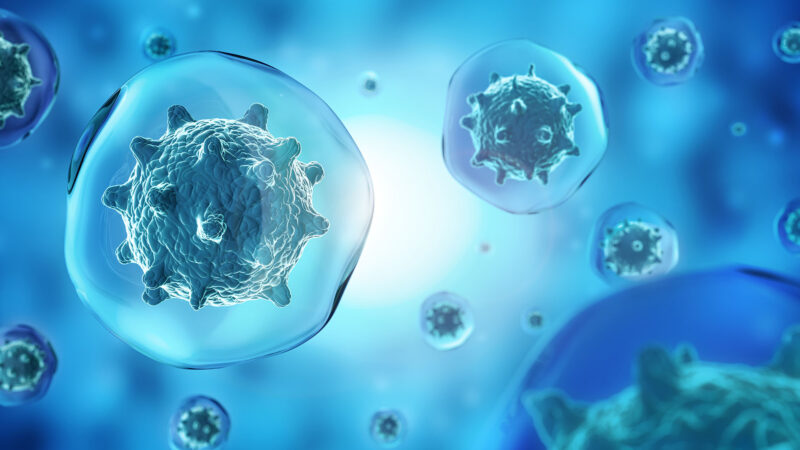MUSCLE CELL COMMUNICATION AND REPAIR
With
Dr. William Roman
Group Leader,
Australian Regenerative Medicine Institute (ARMI)
Monash University, Melbourne, Australia
RESEARCHER PROFILE
Filmed in Melbourne | April 2025
Dr. William Roman is a Group Leader at the Australian Regenerative Medicine Institute (ARMI) at Monash University. He obtained his PhD from Paris Descartes University and Freie University of Berlin, focusing on nuclear positioning during skeletal muscle development. Dr. Roman’s research journey has taken him across the globe, including postdoctoral work in Barcelona, tissue engineering in Lisbon, and a brief stint at Stanford University.
At ARMI, Dr. Roman leads innovative research on intercellular communication within muscle organs. His work involves growing human muscles on chips to understand how skeletal muscle cells interact with neurons and tendons. This research aims to develop better models for studying muscle diseases, drug screening, and even applications in cellular agriculture and biorobotics.
Dr. Roman’s recent breakthrough in muscle repair mechanisms, independent of stem cells, has potential implications for preserving muscle function in exercise, diseases, and aging. His lab employs cutting-edge techniques such as cell biology, tissue engineering, and spatial transcriptomics.
In recognition of his groundbreaking work, Dr. Roman was awarded the prestigious 2024 Metcalf Prize for Stem Cell Research, highlighting his significant contributions to the field of regenerative medicine.
Dr Roman’s research has been funded by the Baker Foundation, Australia’s NHMRC and more recently the National Stem Cell Foundation.
Source: Supplied and supplemented
You Might also like
-
New models of care and value in General Practice
Dr Michael Wright is a GP, health economist and health services researcher. Dr Wright currently works as a portfolio GP, combining clinical practice with strategic appointments (most recently with RACGP, Central and Eastern Sydney Primary Health Network, Avant Mutual the Australian Institute of Health and Welfare) and academic research analysing the effects of current health policy on the quality and performance of primary care.
-
Dr Jasmine Kaur
RESEARCH IN SPINAL CORD INJURY
@ GRIFFITH UNIVERSITY, QUEENSLAND, AUSTRALIA -
CASE STUDY Next Generation Condom Contraception
Eudaemon Technologies, an early-stage medtech company with a focus on sexual reproductive health, is developing a hydrogel condom to address the need for a better feeling, next generation condom, with the potential to improve user experience and address issues with traditional latex condoms.
“Over 1 million STI’s being diagnosed every day and up to 120 million unplanned pregnancies every year result in a $60 billion health burden across the globe”, says Co-Founder and Executive Director of Operations, Dr Simon Cook.
Formed in 2018, the company focuses on developing tough hydrogels as an alternative to address issues with odour, colour, and taste commonly associated with latex condoms. This technology can be loaded with small molecule drugs for flavours or anti-STI compounds, and was developed in response to a grant from the Bill and Melinda Gates Foundation to address unplanned pregnancies and STIs.



